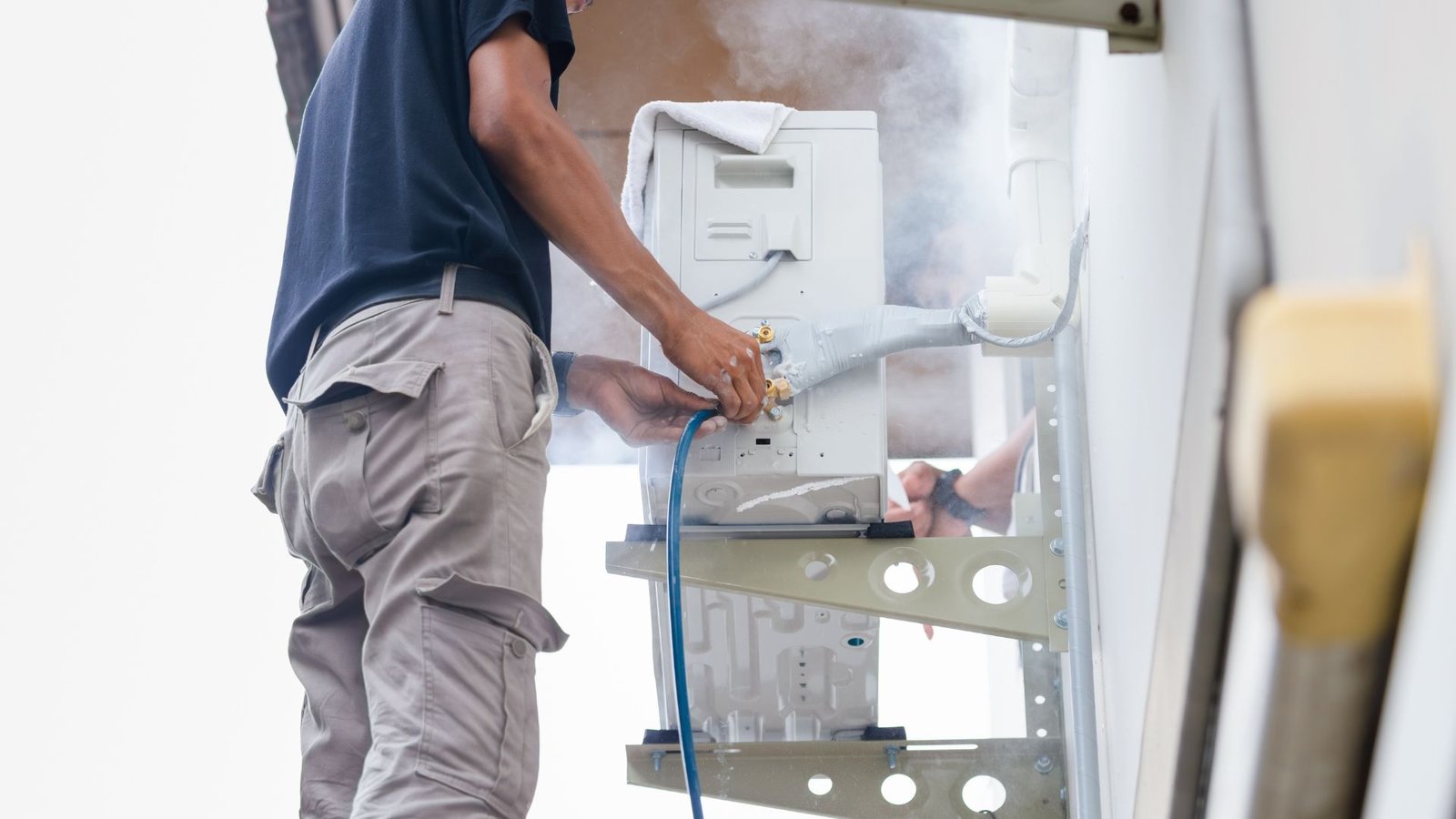How to know your AC Gas is Leaking?
How to know your AC Gas is Leaking?: Are you sitting in a room where your air-conditioner is on, yet you’re not feeling the cool breeze? Does your room temperature remain similar to the outside environment, even when your AC runs continuously? Is your electricity bill burning a hole in your pocket despite having a high star-rated AC? Or perhaps, your AC struggles to match the temperature displayed on the remote? All of these problems might be linked to one of the most common issues that air conditioner users face: refrigerant gas leakage. While other issues could also cause these symptoms, refrigerant gas leakage is a frequent culprit. In this article, we will discuss the symptoms of gas leakage in your air conditioner. So, let’s get started.
Below are different tests to find
out the refrigerant gas leakage. Let’s examine them one by one:
1.
Cooling
If your room is not cooling enough, even
after several minutes or hours of running the AC, it’s possible that your unit
has a leakage or the refrigerant gas has completely vanished from the
compressor. Let’s check further.
2 . Water
Remove the front panel of the evaporator unit while the AC is powered on. Next,
remove the filters placed in front of the copper coils. Touch the copper coils
with your hands. If there is no water on the surface of the coils, there is a
high probability that the refrigerant gas is completely depleted. In the case
of partial depletion or leakage, you might see ice formation on the surface of
the copper coils.
Now, let’s move outside to the
condenser unit.
3. Flare Point
Flare points connect and form the loop between the evaporator and the condenser
unit, also known as the indoor and outdoor units, respectively. These points
complete the circuit with the help of copper cables. Let’s check them for
leakage.
If the copper cables are emitting
black oil or lubricant on the surface, there is a leakage at the flare points.
Such leakage often results from improper alignment and fitting of the bolts at
the flare points. This misalignment can also occur after successful
installation due to interference from animals or children playing around the
condenser unit. Look for oil around the cables as a symptom of refrigerant
leakage.
Pipe scaling is another sign of gas
leakage. Let’s evaluate this as well.
4. Scaling Pipes
Is there any green substance present on the surface of the copper cables? If
yes, this is known as pipe scaling. It can puncture copper cables and cause
refrigerant leakage by corroding the copper. Pipe scaling is generally seen in
sea and high-humidity areas and is a definite sign of an AC unit leaking.
5. Hissing Sound
If your condenser unit is making a
hissing or weird sound, it could be a signal of gas leakage. It’s better to
have a professional inspect it.
6. Electricity Bill
If your electricity bill is higher than usual despite regular AC usage, it
might be due to gas leakage. The unit needs to work harder to maintain the
desired room temperature.
Conclusion
These are general points to consider when suspecting refrigerant leakage. Some
symptoms can be easily monitored, but others may require professional
intervention, such as a deep inspection of the cables using methods like
nitrogen or foam testing. Even after identifying the issue, a professional will
be needed to properly diagnose and fix the puncture in the copper cables. It’s
advised to seek professional help to ensure thorough and accurate repairs.
Thanks for reading, and have a great
day ahead!

